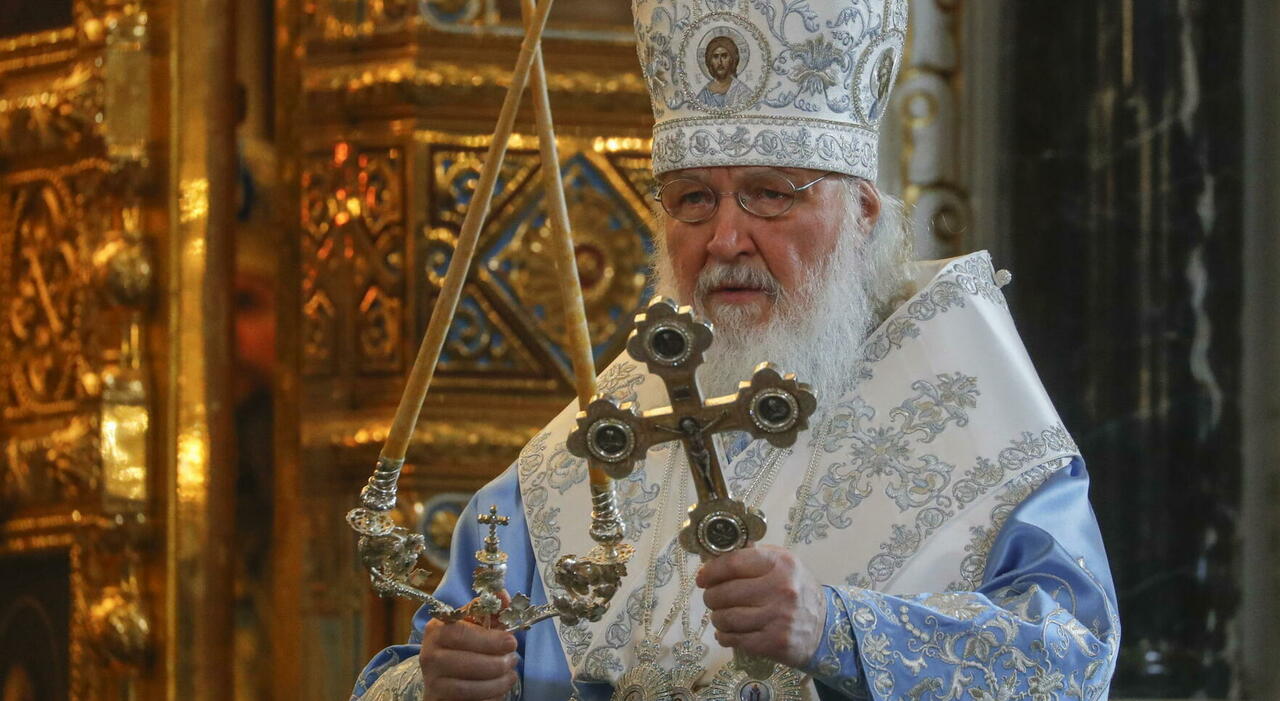Monday 25 March 2024, 09:57
NATO, the bearer of evil, with the firm will to weaken the Orthodox faith and its values. Patriarch Kirill speaks out against the West again, and this time takes aim at the North Atlantic Alliance which decided to intervene in Kosovo 25 years ago. The Orthodox Patriarch of Moscow sent a letter to the Serbian Orthodox Patriarch Porfirije, offering a highly partial account of NATO's air strikes on Yugoslavia, describing them as "another revealing episode in the eternal struggle against the Orthodox faith" to destroy a "great Slavic state" and subsequently promoting and supporting "nationalist separatism".
Vatican, Moscow Patriarchate against blessings for gay couples: "Non-Christian practice, the papal document is dangerous"
"Clearly, the main goal of the aggressors was to tear Serbia's autonomous province of Kosovo and Metohija - the cradle of Serbian Orthodoxy - away from Serbia," Kirill emphasized. An "unequal confrontation" that brought out the valor of those who were killed by "extremists". He then praised the courage and steadfastness "shown by the fraternal Serbian people" without however recalling that the Yugoslav units of the time had forcibly expelled the Albanians of Kosovo, committing atrocious massacres under the leadership of Slobodan Milosevic.
Pope Francis kneels before the bipartisan pain of Russian and Ukrainian mothers for the loss of their soldier sons
The NATO mission has been at the center of continuous controversy for years as it was carried out without a United Nations mandate. The Kosovo war lasted until June 10, 1999. The Yugoslav government reported 1,200 to 5,700 civilian casualties as a result of the air strikes. Human Rights Watch estimated about 500 civilian deaths. Hundreds of thousands of people were forced to leave their cities and villages, and the issue of Kosovo remains largely unresolved.
Breakaway of the Greek Catholic Church of Ukraine from Moscow: Christmas will be celebrated on December 25 and no longer on January 7
At the time, the Vatican tried in every way to avoid the conflict. First by organizing a meeting between the countries involved, then by personally speaking with Milosevic. The mission was entrusted to the French Cardinal Jean Luis Tauran. It was an attempt agreed directly with the then Italian Foreign Minister, Lamberto Dini. Meanwhile, in the theological field, Catholic academies were questioning the moral correctness or otherwise of that conflict triggered by ethnic cleansing in Kosovo. It was the then Cardinal Camillo Ruini who offered a synthesis of those theological debates saying that ethnic cleansing and NATO bombs "cannot be considered on the same level: one thing is an act of war, another thing is ethnic cleansing, which has a greater severity," however, "I would prefer not to insist on the gradation of the evilness of an action, but to hope for the end of hostilities and the return of the expelled populations to their lands, where they have the right to live."
© ALL RIGHTS RESERVED
This article is automatically translated
